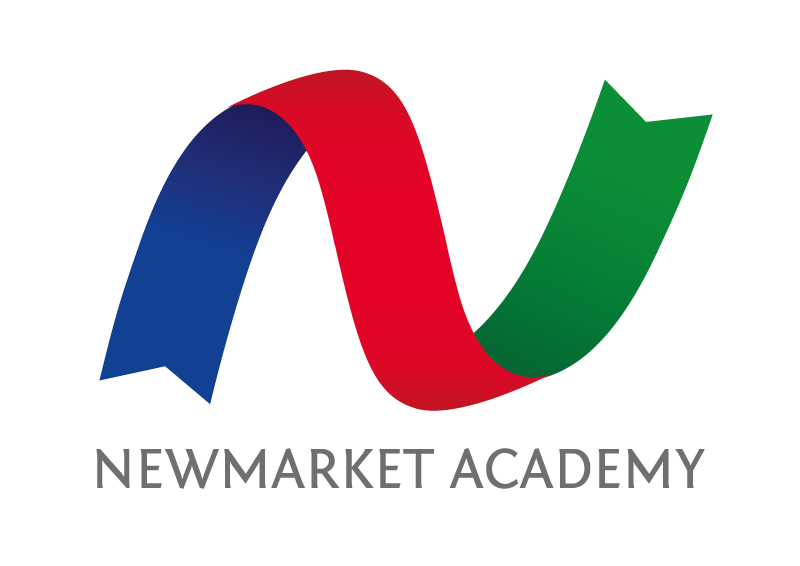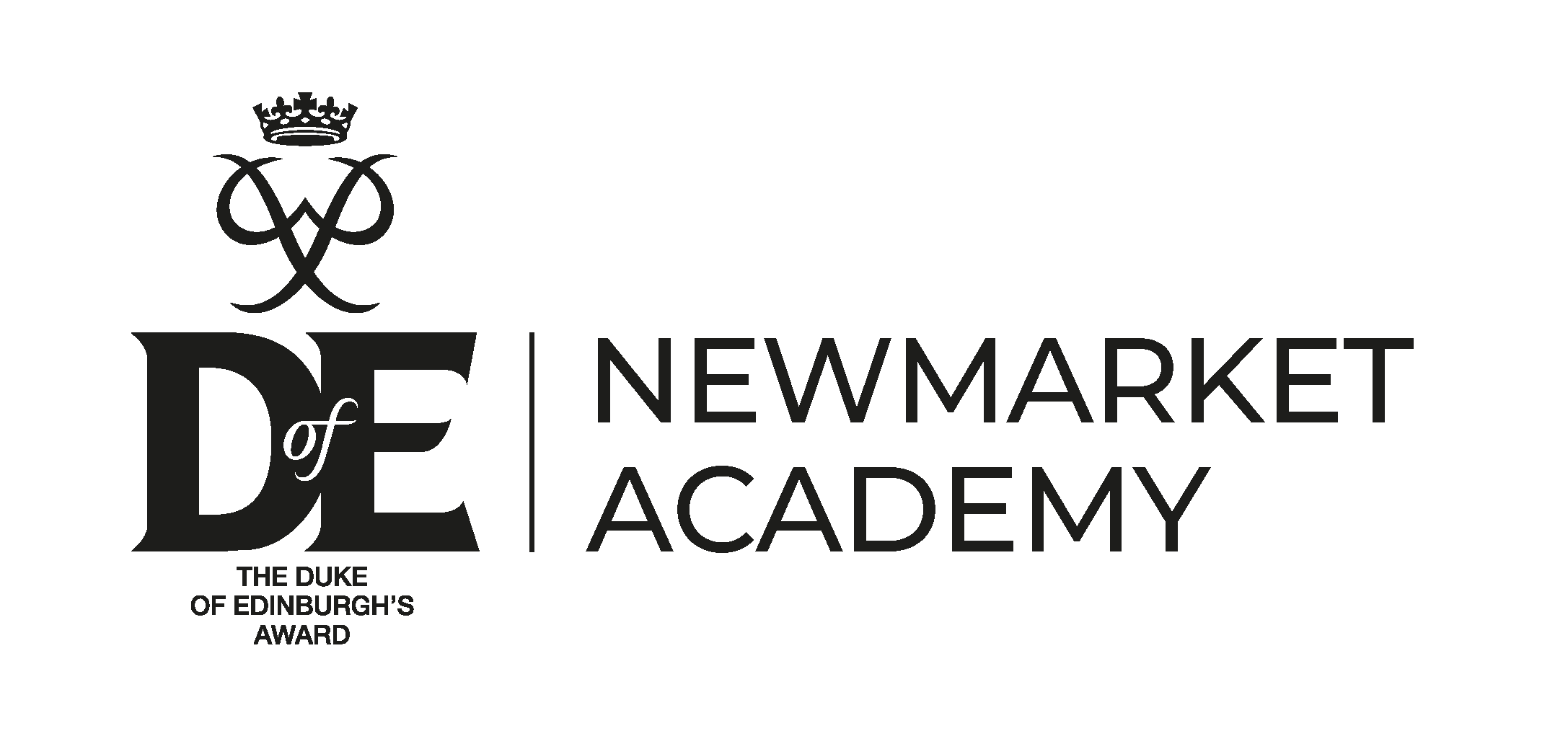Science
About Our Curriculum
Please view our curriculum plan, which is available in the attachments section on this page. Our curriculum plan gives details of the course content throughout the academic year, the associated examination board and online resources.
Science intent statement –
Think, Ask, Know, Grow. We want out students to think about science; ask questions of the subject and of themselves; know the facts and knowledge; grow into citizens that can explain the science in the world around them.
A high-quality science education provides the foundations for understanding the world. Science has changed our lives and is vital to the world’s future prosperity, and all pupils should be taught essential aspects of the knowledge, methods, processes and uses of science. We aim to instil our values of compassion and responsibility in our students when it comes to our planet. Through building up a body of key foundational knowledge and concepts, pupils should be encouraged to recognise the power of rational explanation and develop a sense of excitement and curiosity about natural phenomena. They should be encouraged to understand how science can be used to explain what is occurring, predict how things will behave, and analyse causes. We want to equip them with the skills that allow them to understand the science that surrounds them in their everyday lives and understand their impact on the world and that it is the responsibility of everyone to look after the future of our planet. We want our students to recognise the power of rational explanation and evidence; It is not only about acquiring knowledge but is also fostering the enjoyment of the experience of working scientifically; problem solving and sustaining curiosity.
Students need to be inquisitive; methodical; risk takers and life-long learners. We want students who are skilled critical thinkers who are able to confidently evaluate sensational science in the media and be confident and use their integrity when making informed decisions about the literature they read. We focus heavily on literacy through a wide range of reading strategies present in each lesson; use of Frayer models and etymology of tier 3 vocabulary and interesting literacy topics that go beyond, yet compliment the curriculum.
Our curriculum is a spiral curriculum that allows students to make progress by activating prior knowledge of previous units and building on these as they progress through year KS3 and onto GCSE at KS4. The curriculum is designed around the big ideas of science, starting in year 7 and then revisiting and deepening the core knowledge in year 8 and then again year 9. The topics of cells and particles in term 1 of year 7 have links with the KS2 curriculum and have bridging core knowledge to allow any gaps to be filled. It is vital that all students have the prior knowledge from primary school to allow them to make progress at KS3. The big idea of cells is introduced in year 7, revisited and expanded in year 8 by looking at how the body works, this prepares students for the more in depth knowledge gained in year 9 when the organisation of plants and animals is looked at in more detail.
Our curriculum is very much based in the knowledge curriculum allowing students to master the key scientific knowledge they need to make good progress. Throughout each unit key knowledge from that topic is tested as well as golden knowledge from previous units (and years in year 8 and 9). Students are regularly challenged to recall knowledge from previous work and revise and review previous key topics in more detail. This interleaving and spaced learning helps ensure that the golden knowledge of the big ideas sticks and that are students are exposed to the big ideas in a wide range of situations allowing them to make clear links and build schema.
Some students, after KS4, will choose to study science further. Our curriculum will enable these students to learn scientific content to a higher level through access to separate science and combined science courses. All students throughout their journey through science have the opportunity to take part in science-based activities outside of lesson time. We have embedded activities for KS3 delivered by STEM organisations to expose our students to new and enriching activities which will broaden their horizons. Alongside this we use lesson time to introduce different scientific careers to students in KS4 using the expertise of staff members and external providers.
Our Team

Science
Rachael Benson – Associate Assistant Headteacher (Science)
Laura Elsden – Assistant Headteacher (Teaching & Learning), Teacher of Science
Helen Harridge – Teacher of Science, Second i/c Science, Head of Year 8
Keeley Hoyle – Teacher of Science & Director of Extended Learning
Lorna Adams – Teacher of Science
Jessica Sharman – Teacher for Maths & Science
Adele Morley – Teacher of Science
Jordan Byford – Teacher of Science

